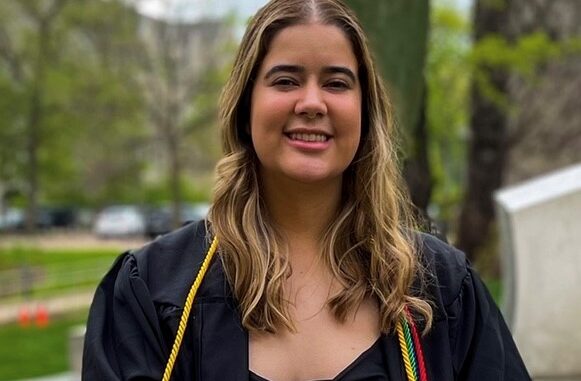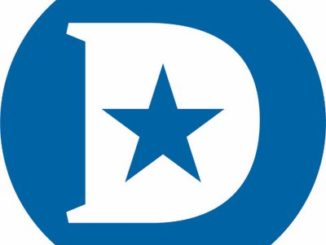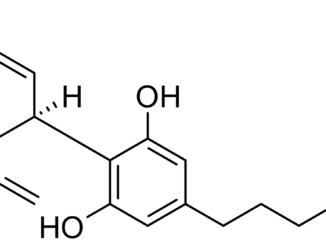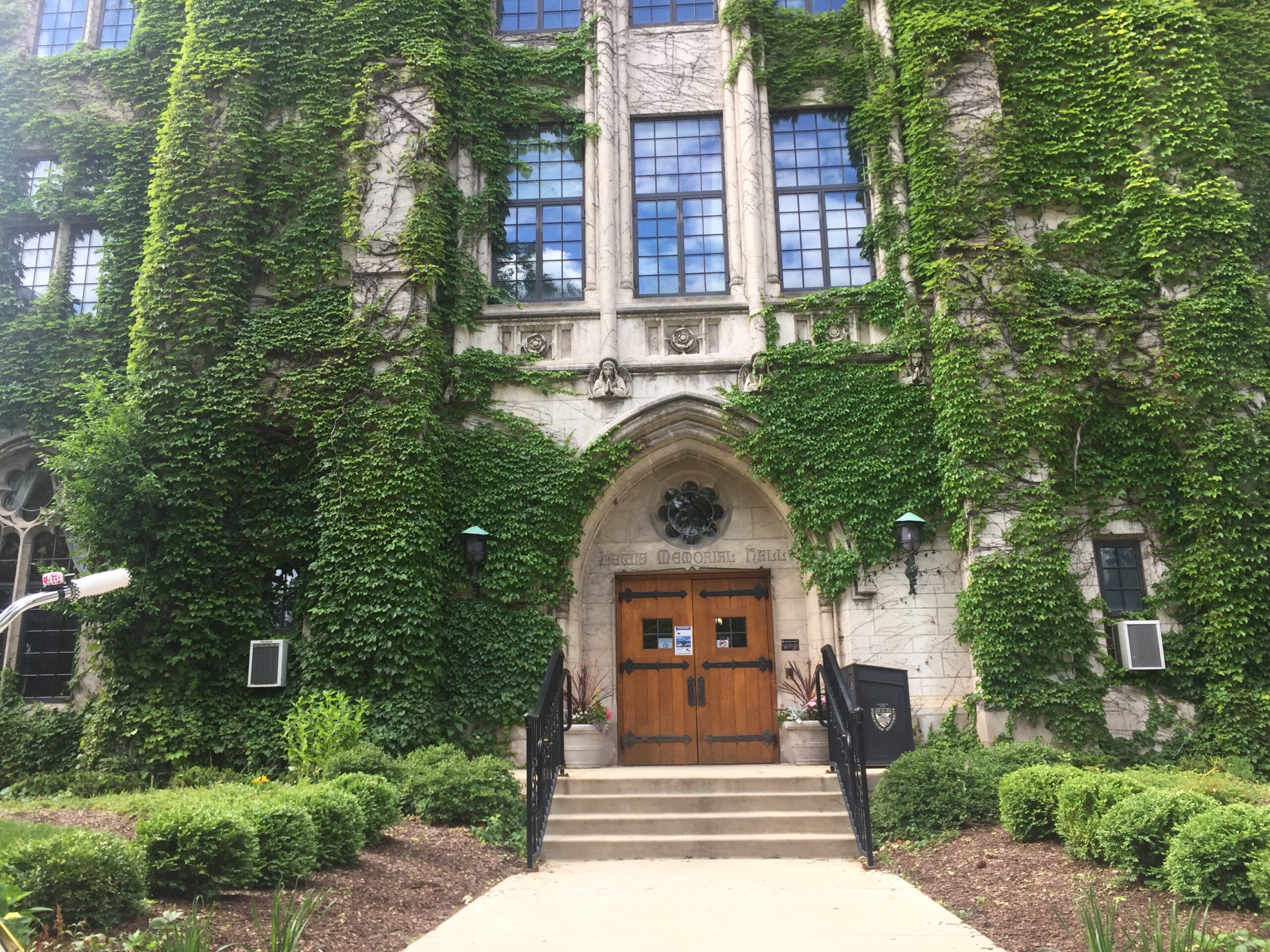
Natalie de la Torre
Contributing Writer
According to a Financial Literacy survey, only 57% of American adults are considered financially literate.
College students are infamously known for their lack of money, yet they are seldom exposed to resources or strategies on how to better manage it. The blossoming of Dominican’s very own Financial Wellness program is providing our heavy first-generation community with resources on how to improve their financial standing and learn more about *whispers* money.
The Financial Wellness Program at Dominican aims to empower and educate the community about money and an array of topics relating to it. The program was developed in the summer of 2020 by Ramiro J. Atristaín-Carrión and is supported by the Title V grant. When asked about the creation of the program, Atristaín-Carrión said: “Financial literacy is a must and college is expensive and what has changed from when I was in college are the economics of an undergraduate education. Students like me used to be able to ‘pay as you go’ for their education. That’s not the case any longer. The cost is much more now and many graduate with debt. I wanted to see students graduate knowing how to manage their money and make it work for them. Having a financial wellness program is a value that DU can offer to its students. Plus, it helps that I love to coach students.”
The program houses internships, volunteer opportunities, workshops and partnerships. There are a few informative workshops, which are offered both in English and Spanish, available to every DU student through Canvas that can be accessed by communicating with the financial wellness program. As of this spring, 42 undergraduate interns have completed the program. Graduate students are also immersed in the program, with 402 graduate students enrolled in the workshop modules in the Fall of 2021!
Every semester, a new cohort of undergraduate students take part in the opportunity to experience the growth of the financial wellness program. They create resources for the larger community to be posted on the financial wellness @ DU website. The program was created with a specific progression in mind to prepare the interns to delve into financial literacy and be prepared to create resources about financial aid, credit, investing, budgeting, and array of other topics to the larger community. Atristaín-Carrión finds the interns to be “an important component” because they can attest to “what students find interesting and useful when it comes to financial literacy.”
Interns are initially taught about financial concepts and the importance of behavior in their journey to financial wellness. Salvador Ruiz, a Dominican senior and Financial Literacy intern, talked about the value he found in the modules where financial concepts were taught: “I liked the modules about learning different financial topics.” The importance of aligning values with objectives is something emphasized throughout the beginning of the internship.
Being able to recognize your values and turn these into an action plan is extremely useful on a path to financial well-being. Once interns recognize their values, they receive guidance from the program lead, graduate assistant and internship lead for the program to create a personal action plan according to their unique goals.
Once interns have become immersed in financial concepts and have set their unique goals, the process of creating a resource for DU’s Financial Wellness website is initiated! There are a multitude of topics that are covered under the umbrella of Financial Wellness: personal assessment, goal setting, financial aid, the importance of and managing credit, and many more.
Interns scope one of these topics with the intention of creating a deliverable and interactive flyer, video, presentation or infographic that best conveys the information they want to communicate. Project Management is another skill that interns are taught throughout the internship. Salvador, current financial literacy intern, says the importance of planning things out, and creating a plan was something valuable he learned aside from financial concepts.
Research of a topic and the creation of a script for the intern’s presentation is crucial to realizing the final project. Financial literacy interns create a script with the information they want to convey on their final project. The resource is realized after the completion of the script and is followed by a presentation explaining and showing off the topic and project. The resource is then added to the website for the Dominican community to use and help them realize their financial goals!
The development and growth of the financial literacy program has been met with support from various departments and the larger community. Atristaín-Carrión says he is “proud of DU for supporting this effort of making it possible to have the program and be able to impact numerous students with personal finance concepts. They will benefit over the long run as they make use of what they learn and hopefully have less stress about money.”
Aside from creating and building up the Financial Wellness website, the program partakes in several partnerships throughout the semester to help Dominican students.
Toward the end of March, the Financial Wellness Program partnered with Ladder Up, a nonprofit offering free financial services to disadvantaged communities, to bring tax assistance to Dominican’s campus.
The program’s interns had the opportunity to help Dominican students prepare their taxes. Ajitzi Perez, current financial literacy intern, enjoyed being part of the tax assistance workshop. Ajitzi said, “I liked Ladder Up because I got to talk to more interns and help other people out.” This in-person event provided relief to the heavy remote world we are currently living in while allowing students to prepare their taxes for free.
The program also provides several workshops throughout the semester, covering different topics which are open to everyone. This semester the program has covered budgeting and the importance of setting (S.M.A.R.T.) Specific, Measurable, Attainable, Realistic and Time-bound financial goals. There are upcoming workshops on how to start an emergency fund and how to manage credit. The program will also be partaking in Money Smart Week on April 12-13, which will offer the Dominican community with a few resources and information about financial wellness.
Previously, the financial wellness program has partnered with various Dominican organizations and high schools, such as Oak Park-River Forest, to expose more people to the importance of financial wellness.
For upcoming workshops and Money Smart Week, reach out to the financial wellness program at financialwellness@dom.edu or contact Ramiro J. Atristaín-Carrión at ratristain@dom.edu.
Natalie de la Torre is currently the Financial Literacy Internship Lead with the Financial Wellness Program and work closely with lead, graduate assistant and interns of the program to create resources, exposure and events related to topics about Financial Wellness.



